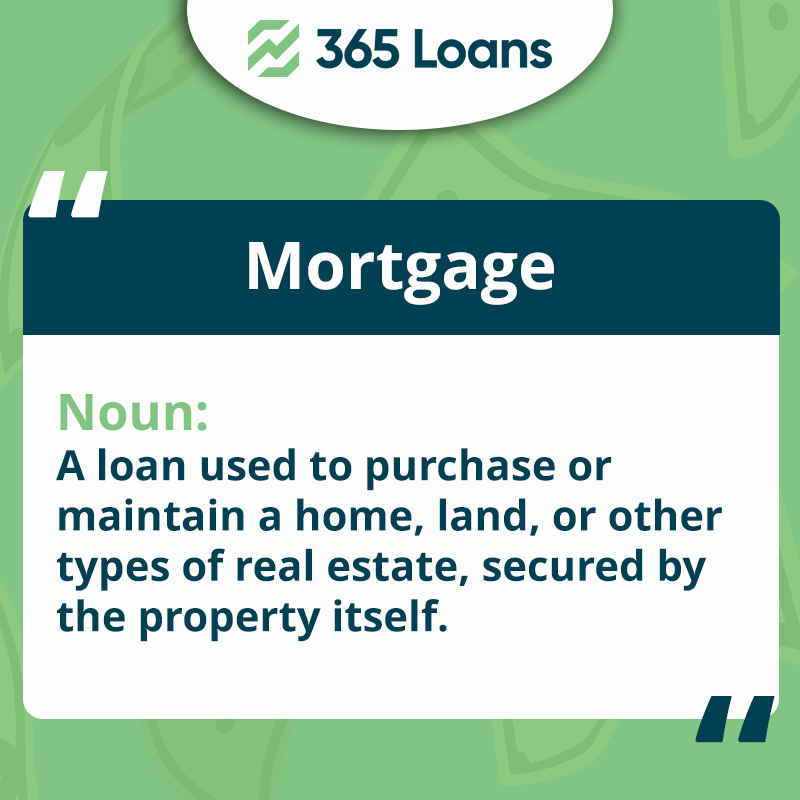Owning a home is a significant life goal for many, but navigating the world of mortgages can often feel like deciphering a complex puzzle. With numerous options available, understanding the types of mortgages and their intricacies is crucial to making informed decisions that align with your financial goals. In this comprehensive guide, we’ll demystify the landscape of mortgage choices, helping you pave the way to homeownership with confidence.
Understanding Mortgage Basics

Before delving into the specifics, let’s establish a foundation. A mortgage is a loan provided by a financial institution or lender to help you purchase a home. It’s typically repaid over a set period, often spanning several decades. The property itself serves as collateral, offering the lender security should you default on payments.
Types of Mortgages
| Fixed-Rate Mortgages: | These are a popular choice due to their stability. With a fixed-rate mortgage, your interest rate remains constant throughout the loan term. This predictability makes it easier to budget for your monthly payments. |
| Adjustable-Rate Mortgages (ARMs): | ARMs start with a fixed rate for a predetermined period, after which the rate adjusts periodically based on market conditions. While they offer lower initial rates, be prepared for potential fluctuations in your payments. |
| FHA Loans: | Insured by the Federal Housing Administration, FHA loans are designed to assist first-time homebuyers with lower credit scores and down payment requirements. |
| VA Loans: | Reserved for veterans and active-duty service members, VA loans often come with favorable terms, including competitive interest rates and reduced or no down payment. |
| USDA Loans: | Backed by the U.S. Department of Agriculture, these loans are aimed at rural and suburban homebuyers who meet income criteria. They typically require no down payment. |
Factors to Consider
- Down Payment: The amount you put down upfront affects your loan amount and monthly payments. While 20% is often recommended, various loans allow for lower down payments.
- Interest Rates: Your interest rate impacts the total cost of your mortgage. Compare rates from different lenders to secure the best deal.
- Loan Term: Shorter terms, like 15 years, result in higher monthly payments but lower overall interest costs. Longer terms, like 30 years, have lower monthly payments but higher overall costs.
- Closing Costs: These fees, including appraisal, title search, and more, can add up. Be sure to account for them when budgeting.
Choosing the Right Mortgage
Selecting the right mortgage requires a careful analysis of your financial situation and goals. Consider factors like your credit score, income, and long-term plans. Consulting with a mortgage professional can provide invaluable guidance tailored to your needs.
Conclusion
Navigating the maze of mortgage options might seem daunting, but armed with knowledge, you can confidently approach this crucial step in your homeownership journey. Whether you’re drawn to the stability of a fixed-rate mortgage or the flexibility of an ARM, understanding your choices empowers you to make decisions aligned with your financial aspirations. Remember, every individual’s circumstances are unique, so take the time to explore, compare, and select the mortgage option that best suits you.







